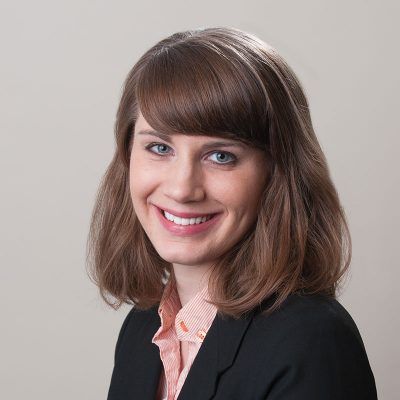I recently accompanied AJWS’s Global Justice Fellows—14 rabbis and a cantor—on a trip to the Dominican Republic to learn from activists confronting widespread human rights abuses. This is the first in a series of blog posts highlighting their experience.
“We can’t do nothing—because people did nothing for us, and we know what happens when people do nothing,” said Cantor Jill Abramson of Westchester Reform Temple in Scarsdale, New York.
Cantor Abramson was referring to the need to speak out on behalf of the hundreds of thousands of Dominicans of Haitian descent who had their Dominican citizenship revoked by the Dominican courts in 2013. The ruling—which has created the largest stateless population in the Western hemisphere—reminded her of how Jews and other minorities had been stripped of their citizenship and other rights by hostile governments in the past.
The decision has primarily affected Dominicans whose parents—or even grandparents—migrated from neighboring Haiti to find work, joining an oppressed working class long derided and rejected by Dominican society because of their origin, their poverty and the color of their skin. Compounding the prejudice they have faced for decades, the current crisis sent thousands fleeing to the border over the past three years and left countless others jumping through bureaucratic hurdles in attempts to restore their citizenship and regain access to basic government services.
Cantor Abramson and the other AJWS Global Justice Fellows spent part of their weeklong trip to the Dominican Republic learning about this crisis. They visited a poor village where many Dominicans of Haitian descent have long been denied access to services like education and healthcare. And they heard from dozens of activists who are raising awareness in Dominican society, pressuring the government to reverse the discriminatory ruling and empowering people to fight for their identity documents and citizenship rights.
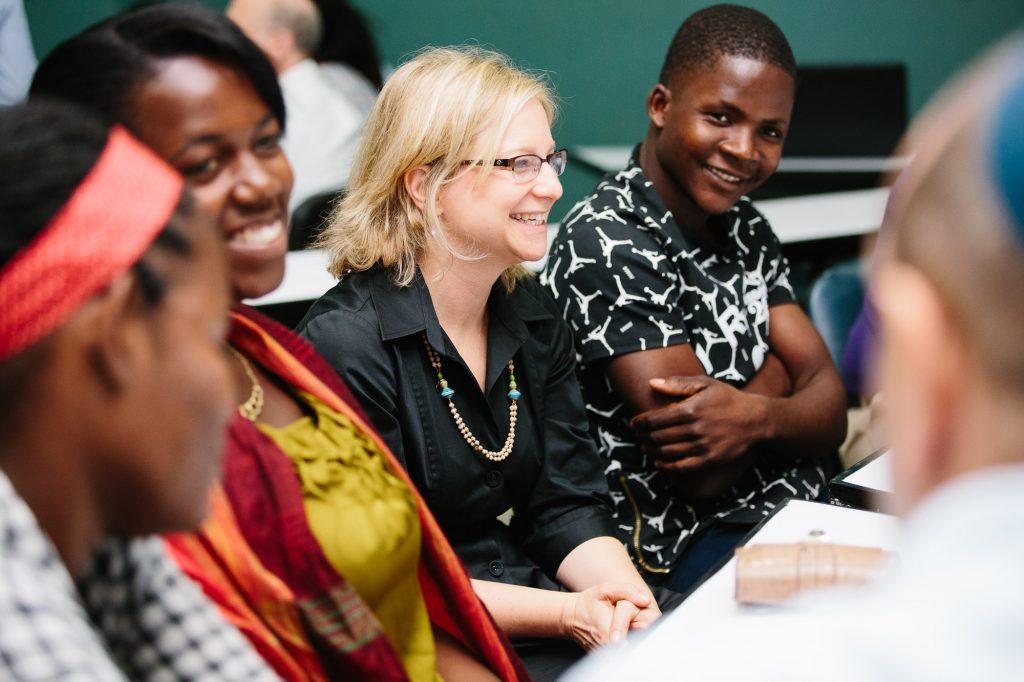
Stories of stalled lives
In the bustling city of Santo Domingo, they met Germania Sevito, an activist who told a devastating story of dreams deferred by the discrimination she suffered in the years leading up to the controversial court decision.
Germania had entered university at the age of 42—after raising her siblings and children in a batey, a poor, isolated district on a current or former sugar plantation where many Dominicans of Haitian descent like herself live—to study law and eventually earn a better living. A few months before graduation, Germania’s university suddenly demanded her birth certificate, but when she requested it from the public records bureau, the workers said it could not be issued—a refrain heard over and over by people caught in the crisis.*
Germania spent seven years advocating to obtain her papers. She was supported in this effort by Reconoci.do, an AJWS grantee that fights discrimination against the Dominico-Haitian community. She finally received her birth certificate, but she was then asked to register in a new book that listed children of undocumented migrants—a registry that is enabling the government to further persecute Dominicans of Haitian descent. In the registry, the government changed the spelling of her name, leading the university to invalidate the classes she had already completed because, as they told her, she’s “not the same person.”
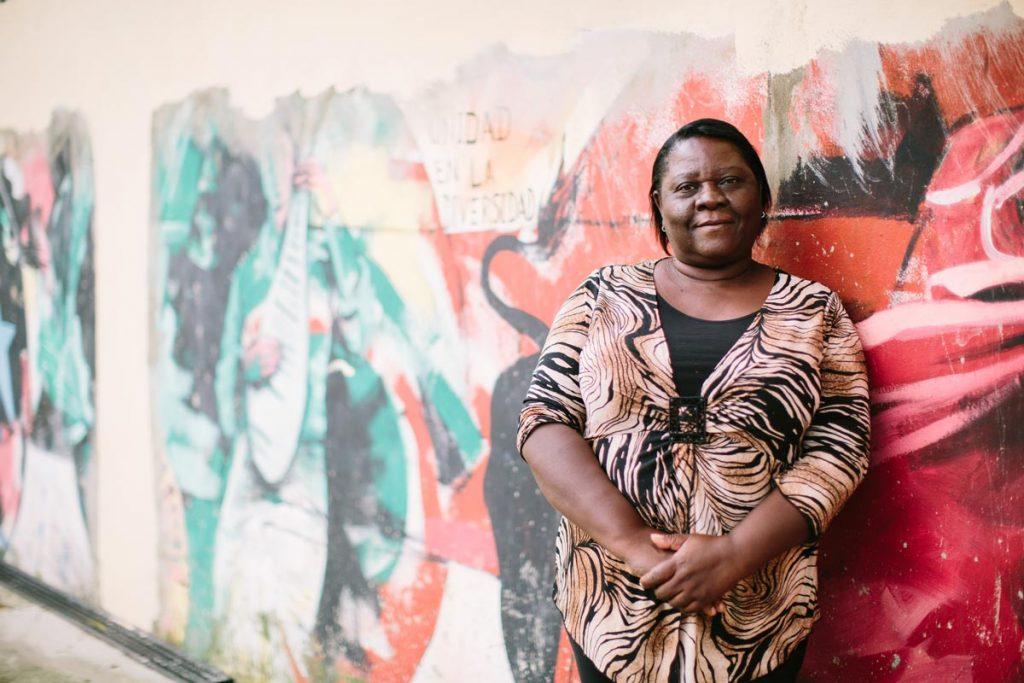
Throughout this ordeal, Germania has worked with Reconoci.do to help others fight similar battles to confirm their identities or have their citizenship restored.
Meeting Germania and other activists like her put a personal face on this issue for the Global Justice Fellows. “To see the tears in her eyes as she was sharing her story was heartbreaking,” said Rabbi Peter Rigler of Temple Sholom in Broomall, Pennsylvania.
Rabbi Bruce Elder of Hakafa in Chicago was moved by Germania and Reconoci.do’s work: “I felt them fighting for their empowerment so strongly and so intimately,” he said. “Their organizing had real impact, real implications and real import.”
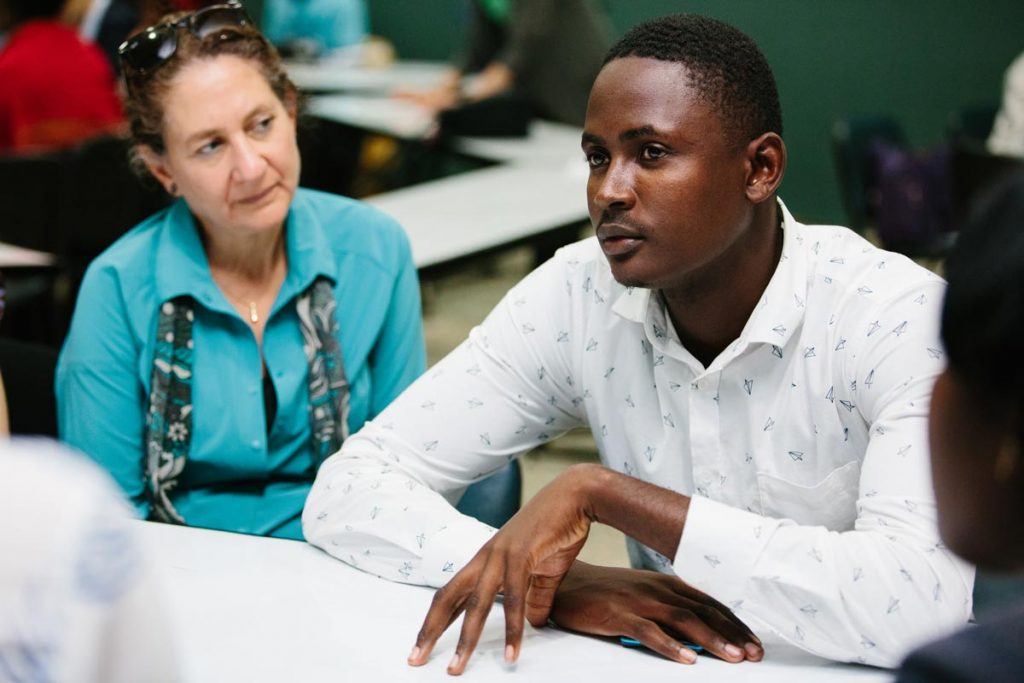
Sharing a history of exclusion
Stories like Germania’s reminded many of the fellows of the citizenship struggles their own ancestors faced.
Rabbi Elder thought of his father, a Holocaust survivor who was rendered stateless in Hungary: “Someone determined that he was no longer Hungarian. I feel so incredibly fortunate through a series of events that my father was able to settle in another country and [I am] here to listen to other people’s statelessness stories.”
Cantor Abramson thought of the collective ancestry of European Jews. “This crisis echoes the events that led up to the rise of power in Nazi Germany of Jews being asked to register and Jewish businesses not getting permits,” she said.
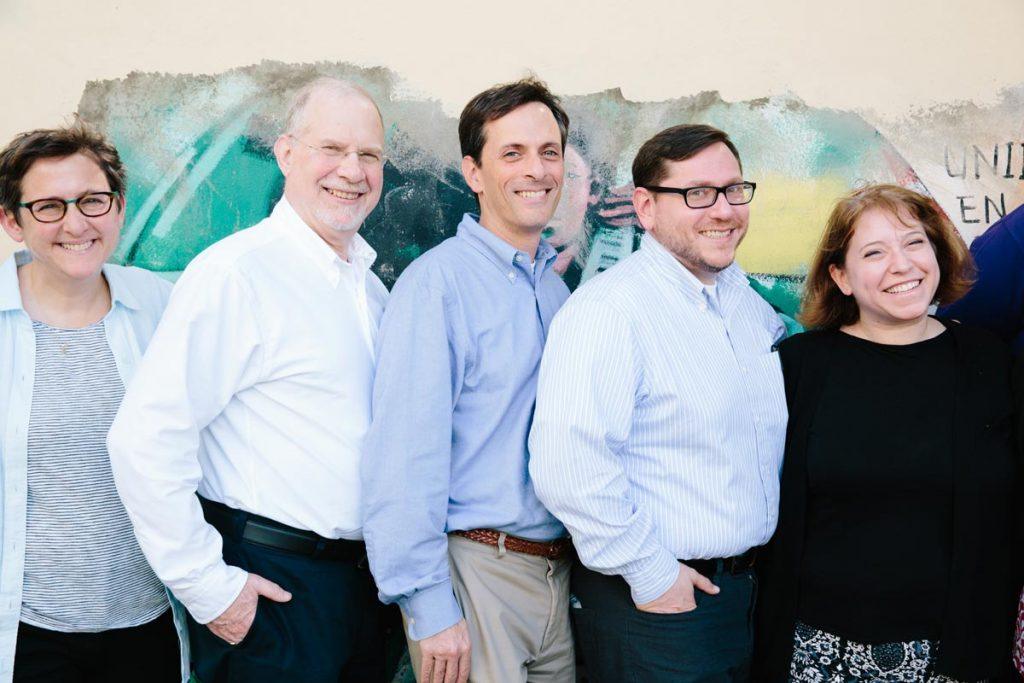
Transforming solidarity into action
During the trip, the fellows had a chance to join the fight: They visited the U.S. Embassy to urge the U.S. government to play a stronger role in resolving the crisis—and brought several Dominican activists with them.
“[I saw that] AJWS can open a door as an influential American civic organization and bring with us people of local need who otherwise don’t have access [to American diplomats],” said Rabbi Elie Spitz of Congregation B’nai Israel in Tustin, California.
Now that they have returned to the U.S., many of the fellows are sharing stories about Dominicans of Haitian descent in sermons, writings and workshops in their congregations and larger communities.
“We have very serious issues in our own country,” Cantor Abramson said. “But that doesn’t mean we don’t still have attention and energy left for problems in other parts of the world. Raising awareness is a first step.”
Rabbi David Ingber, founder of Manhattan’s eclectic Romemu congregation, has spoken from the pulpit about American and Dominican policies and laws that are effectively institutionalizing inequality and hatred. The trip reconfirmed for him that fighting such injustice is “not only absolutely fundamental, but also fundamentally Jewish,” he said. “To be a Jew is to raise the flag of dignity—as often, as frequently, as stridently, as courageously as we can.”
The journey has strengthened Rabbi Ingber’s resolve to get involved with issues like the statelessness crisis, poverty and grassroots work around the world. “I don’t know how I’m going to find hours in my week,” he said. “My ministry until this trip was spirituality and human flourishing…and now it is expanded to working on behalf on all of our brothers and sisters. … I want to make the biggest impact I can make.”
*In Dominican society, if an individual obtains a birth certificate at birth, it cannot be used for official purposes later in life. With each new life passage a person wants to embark on—like registering for school, getting married, applying for a job, or voting—they must request a new official copy of the certificate. The documents have expiration dates and can only be used for the purpose for which they were granted. Therefore, an individual or parent must apply for a birth certificate many times in their lives in order to access basic government and commercial services.
AJWS’s work in countries and communities changes over time, responding to the evolving needs of partner organizations and the people they serve. To learn where AJWS is supporting activists and social justice movements today, please see Where We Work.

